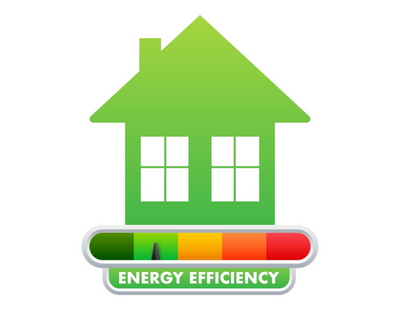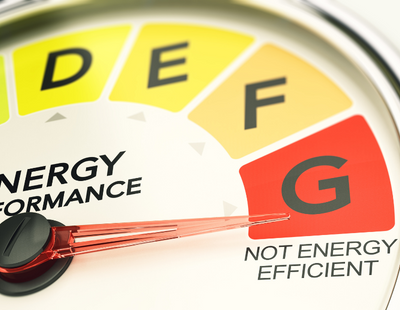
Propertymark has given strong support to the government’s “flexible and affordable” approach to the green policy agenda,
Timothy Douglas, Head of Policy and Campaigns at Propertymark, says: “Property agents have been desperate for clarity from the UK Government on new plans for energy efficiency targets and now we know that the planned changes will be scrapped with no new targets for homeowners and landlords.
“Propertymark continues to want to see more energy efficient homes, but as we have long said the rules and requirements must be realistic and achievable for the sector.
“In the short term, increasing grants for the boiler upgrade schemes will support more landlords and homeowners, but we know from member agents that awareness of the scheme remains low.
“Despite the cooling of approach from the Prime Minister we hope that this hands-off way of doing things allows homeowners and landlords to improve properties at a more flexible and affordable timetable which they can more easily manage.”
Under revised plans, the Government will:
- Scrap policies to force landlords to upgrade the energy efficiency of their properties, but instead continue to encourage households to do so where they can;
- Raise the Boiler Upgrade Grant by 50% to £7,500 to help households who want to replace their gas boilers with a low-carbon alternative like a heat pump;
- Delay the ban on installing oil and LPG boilers, and new coal heating, for off-gas-grid homes to 2035, instead of phasing them out from 2026. Many of these homes are not suitable for heat pumps, so this ensures homeowners are not having to spend around £10-15,000 on upgrading their homes in just three years’ time;
- Set an exemption to the phase out of fossil fuel boilers, including gas, in 2035, so that households who will most struggle to make the switch to heat pumps or other low-carbon alternatives won’t have to do so. This is expected to cover about a fifth of homes, including off-gas-grid homes - those that will need expensive retrofitting or a very large electricity connection;
- Rule out policy ideas that would require people to share cars, eat less meat and dairy, be taxed to discourage their flying, or have seven bins to hit recycling targets – removing worrying proposals that would interfere in the way people live their lives;
- Move back the ban on the sale of new petrol and diesel cars by five years, so all sales of new cars from 2035 will be zero emission. This will enable families to wait to take advantage of falling prices over the coming decade if they wish to.














%20-%20IMAGE%20Client%20Accounting%20%E2%80%93%20what%20are%20your%20options.jpg)

%20(002).png)
.png)
.png)

%20(002).jpg)







Join the conversation
Jump to latest comment and add your reply
That’s right, Timothy, the hands-off approach is working really well. 8 million families couldn’t afford to heat themselves last winter and this winter because their homes (mainly PRS) are so energy wasteful. That’s what fuel poverty means. With the worst performing housing stock in the developed world our Government had to spend £37 billion of taxpayers money on the Energy Price Guarantee to pay for half the energy bill of everyone in the UK last winter. That’s real money taken from hardworking taxpayers that could have been much better spent of tax cuts, filling pot holes and improving our NHS.
Landlords clearly don’t need any national Standards to get them to improve the quality of their product and make it fit-for-purpose.
Those 8 million families would probably be homeless if the EPC proposals had been pushed through. Many landlords of Victorian houses would probably sell rather than rip their houses apart to achieve a C rating. I will sell my 2 solid wall houses if this standard is ever introduced. A c rating is just unrealistic for some properties.
Gibbons gibberish again. I wish I had been a fly on the wall when he saw Sunak’s announcement. Eight million families? You forgot to add the bit about Victorian slums! You’re slipping, Gibbo.
Please login to comment